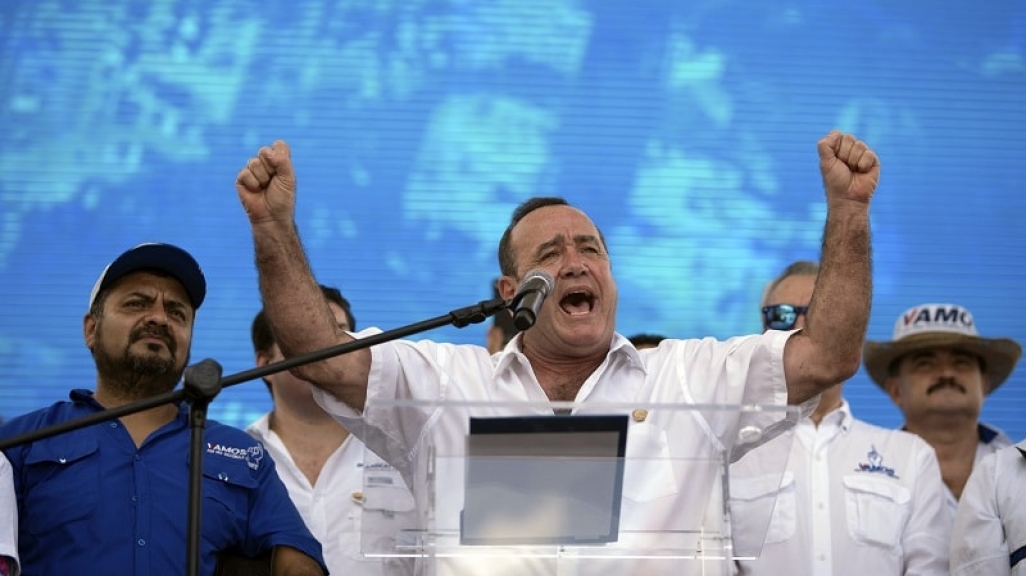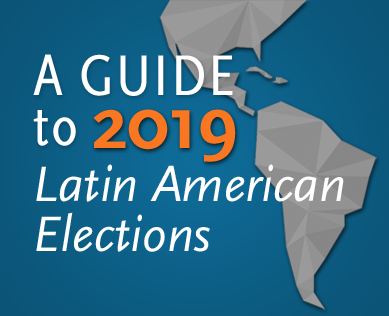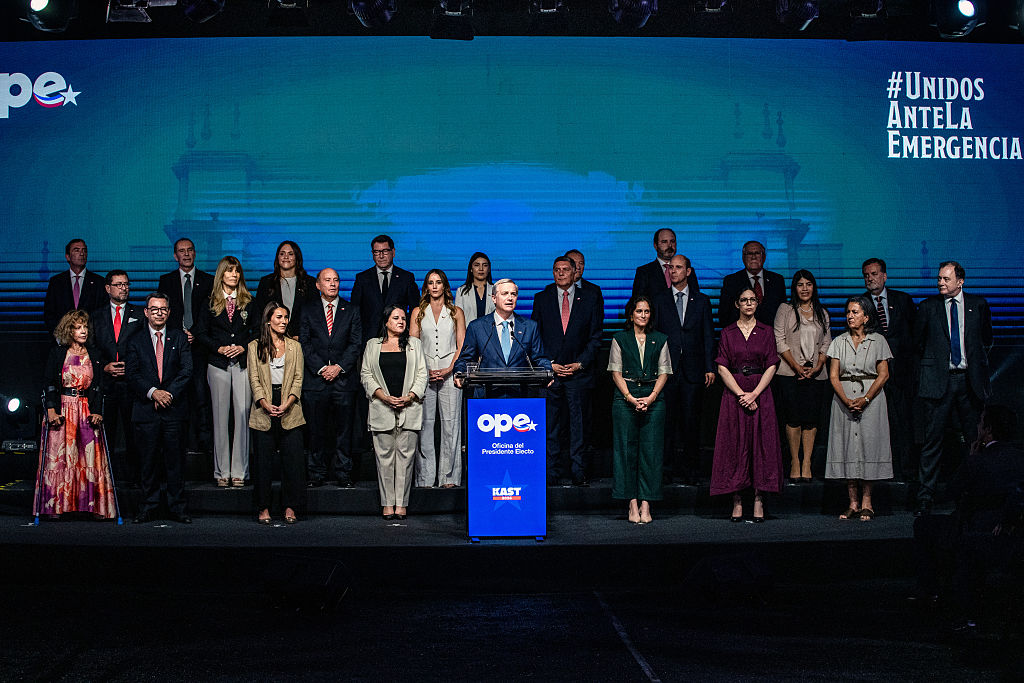Guatemala’s 2019 Runoff Vote: Giammattei Wins Presidency
Guatemala’s 2019 Runoff Vote: Giammattei Wins Presidency
Conservative Alejandro Giammattei beat Sandra Torres in a runoff amid low voter turnout to replace Jimmy Morales.
Guatemalans cast their votes on August 11 to elect Alejandro Giammattei as their next president. With nearly all votes counted, Giammattei of the conservative Let’s Go (VAMOS) party won 58 percent in the presidential runoff, beating out the center-left National Unity of Hope (UNE) party candidate and former First Lady Sandra Torres. Giammattei will replace Jimmy Morales, who will likely leave office with one of lowest approval ratings in the hemisphere when he steps down on January 14, 2020.
The results
Giammattei, who came in second to Torres in the general election on June 16 with 14 percent of the vote, previously served as the director of Guatemala’s prison system between 2004 and 2008, during which time he was investigated for the extrajudicial killings of several inmates. The 63-year-old surgeon-turned-public official was investigated by the UN’s International Commission against Impunity in Guatemala (CICIG) regarding those killings and served 10 months in pre-trial detention until a judge threw out the case in 2011 citing lack of evidence. Giammattei’s vice president will be Guillermo Castillo, a lawyer and one-time director of Guatemala’s Chamber of Commerce.
The low voter turnout trend of the past two runoffs deepened: only about 42 percent of Guatemalans voted in this runoff, a 14-point drop compared to the 2015 second round. Blank and null votes came in at about 5 percent. Several municipalities also elected mayors last night in either postponed or repeated elections due to electoral issues in the first round. Giammattei won 14 of the country’s 22 departments, including Guatemala, home to the capital.
UNE Secretary General Óscar Argueta conceded defeat at a press conference Sunday evening, which Torres did not attend.
Where does Giammattei stand on the issues?
The fourth time is the charm for Giammattei, who ran for president three times previously but never made it to a second round. In an election where the top three voter concerns were insecurity, unemployment, and corruption, the mano dura candidate is known for his socially conservative values—including his opposition to gay marriage and abortion—tough stance on crime, and emphasis on economic opportunity as the cure for the country’s woes. To address the concern of insecurity, the former prison director has proposed policies such as labeling gang members as terrorists.
On the issue of corruption, CICIG’s days in Guatemala appear to be numbered. After outgoing Morales became a target of the anti-corruption commission, he announced that he would not renew its mandate expiring September 3. Giammattei has also said that he would not enter into a new agreement with the UN to reinstate CICIG during his presidency. After the CICIG-related charges against him were thrown out in 2011, he called the body “completely illegal.”
As far as the matter of unemployment, Giammattei has vowed to implement economic policies to boost employment, foreign investment, and tourism. He has also promised to build a “wall of prosperity” to curb emigration. The future president has raised concerns about the immigration agreement the Morales administration signed with U.S. President Donald Trump on July 26, saying he wants to make changes to the existing deal due to Guatemala’s insecurity and incapacity to process thousands of asylum requests. Giammattei, however, will not take office until after the deal is expected to take effect, should Guatemala’s Congress approve it.
As Giammattei gears up to work through his agenda, he is likely to encounter roadblocks with Guatemala’s unicameral legislature. His party won 17 out of the 160 congressional seats up for election in June, compared to the 52 seats won by Torres’ UNE party. If no alliances emerge in favor of the president-elect, analysts believe Giammattei will face significant challenges with a fractured Congress.










